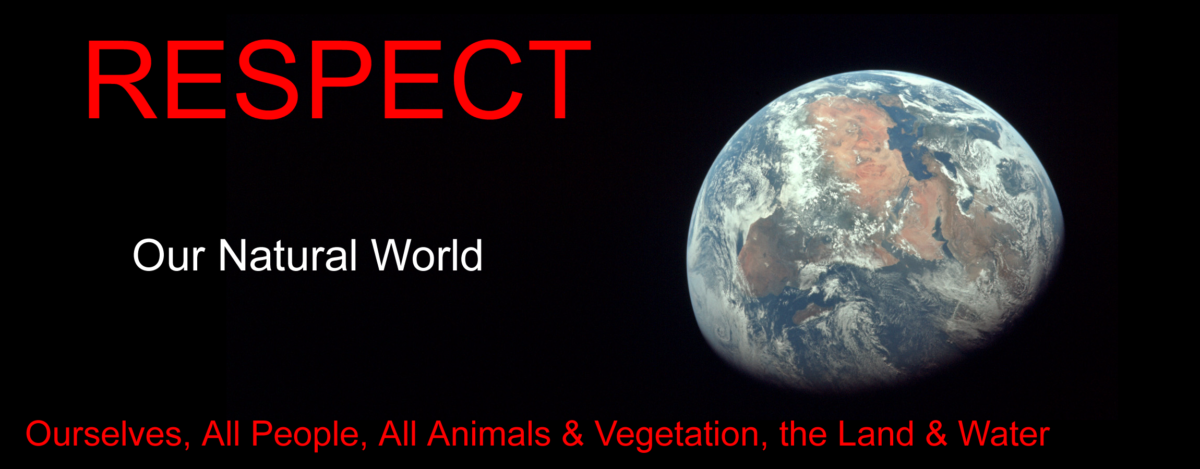Public Social Media – Who wins
The Internet is full of Public Social Media where their sole purpose is to generate income for their owners and they are very good at it.
We can join, “become friends”, but if we are looking to promote our business we need to pay and the results are marginal.
The technology they use can do so much more!
With minor changes your presence on the internet can focus on driving your business – and by adding your business connections, your reach can expand to like-minded consumers in your immediate area and beyond if you market to a wider area.
Read on to learn how to achieve this goal without cost and very little extra time
Landing Page to Market your Business (Market Hub)
The Landing page will be the most important of your digital presence as it will provide your potential consumers with enough detail to make an informed decision on supporting you. Most of it will be a collection of your existing digital pages and most likely include:
- Your Web Site (if you have one) including access to shopping if included
- Mapping & Distance if you are happy to have drop ins
- Your existing Social Media pages
- List any Farmers Markets you may attend
- List any Business Partners (Suppliers, Processors, Retailers or Consumers) with their landing page , that you deal with and would support
- Provide a story on your business – the why and the who – usually an extract from your website or Social pages
- Product tags for searching
- Farmers have an option to include any associated business within the family group that helps support the business
Whilst it is possible to create your own Landing Page it is not a practical “stand alone” option as it would necessitate the duplication of data for each Landing Page (Market Hub) created.
We have created a platform called Sourced Club which, apart from creating the internal workings, avoids the duplication and in so doing creates additional linkages to your Market Hub further increasing your reach with like-minded potential Business Partners.
The Sourced Club platform is provided totally free to all users (Listing and Searches) to ensure it is available to all.
In addition, whilst time permits, we are committed to assisting business’ get listed. Simply join your business on the platform and we will start to get your Landing Page (Market Hub) active and contact you if any additional detail is not readily available on your existing pages.



